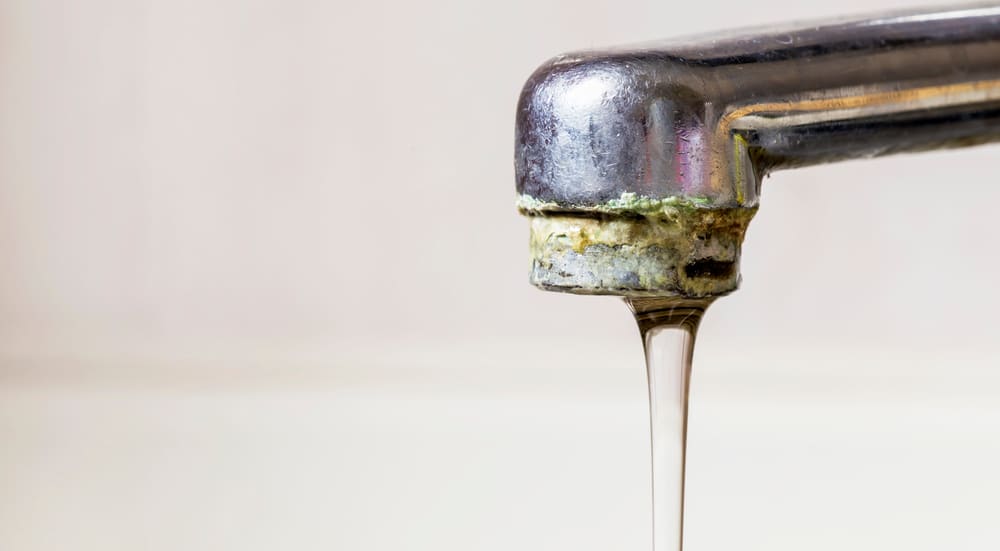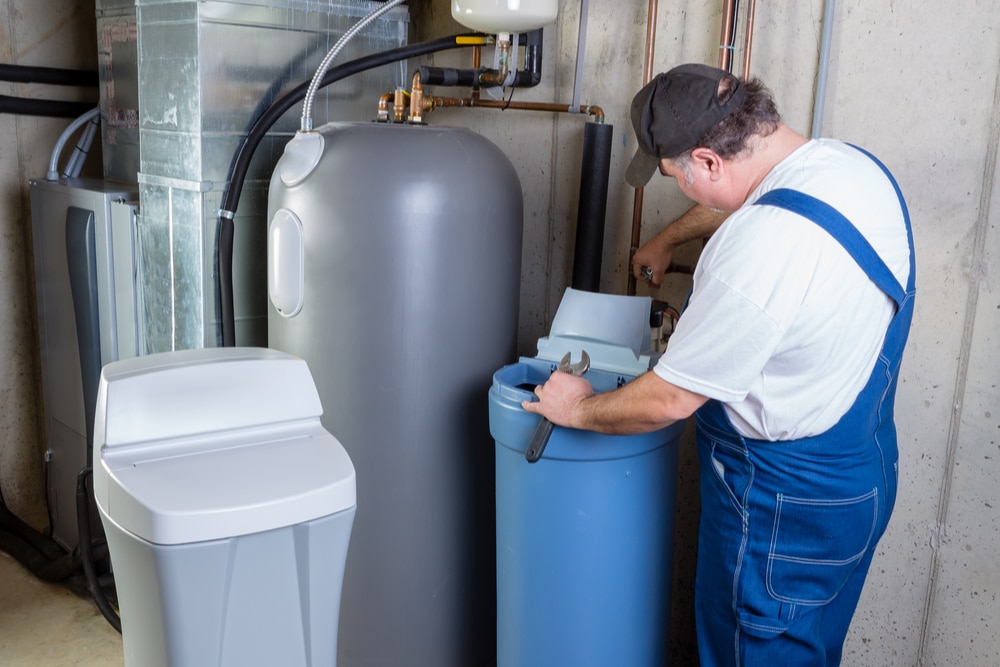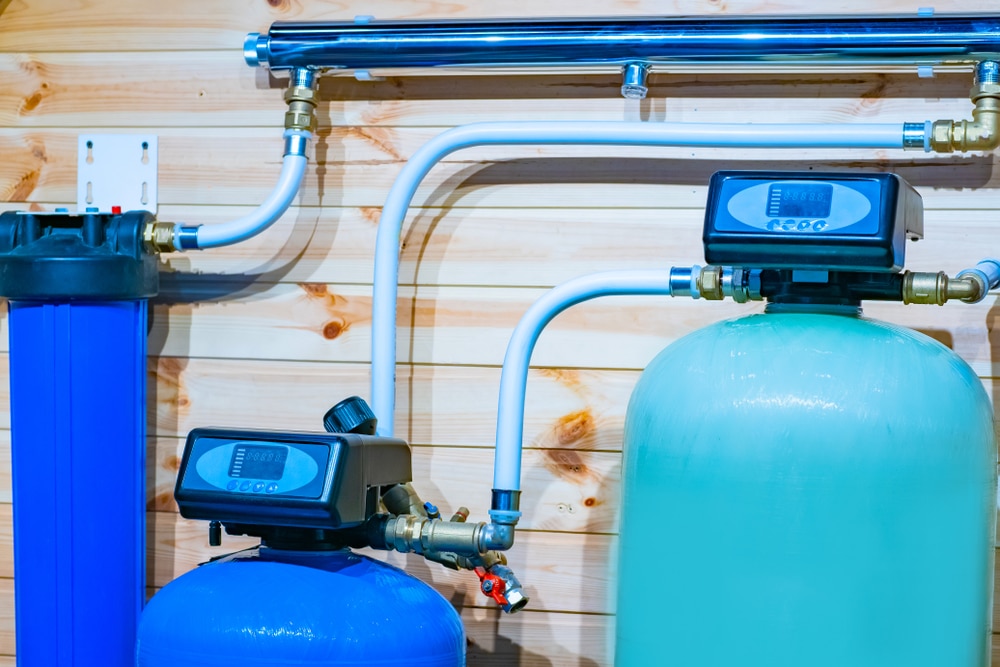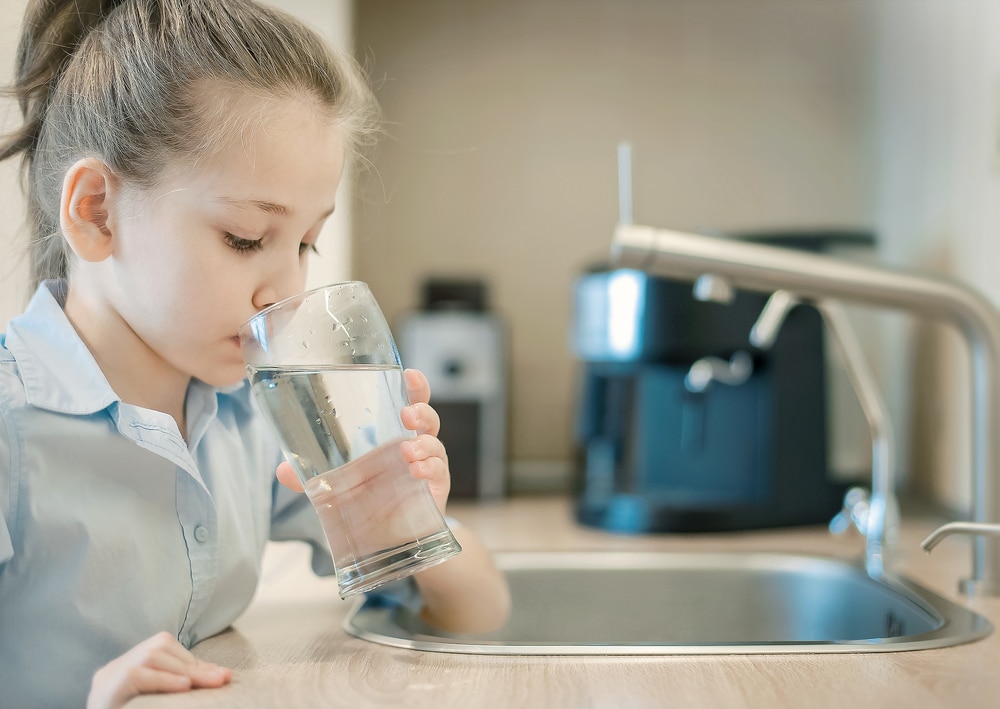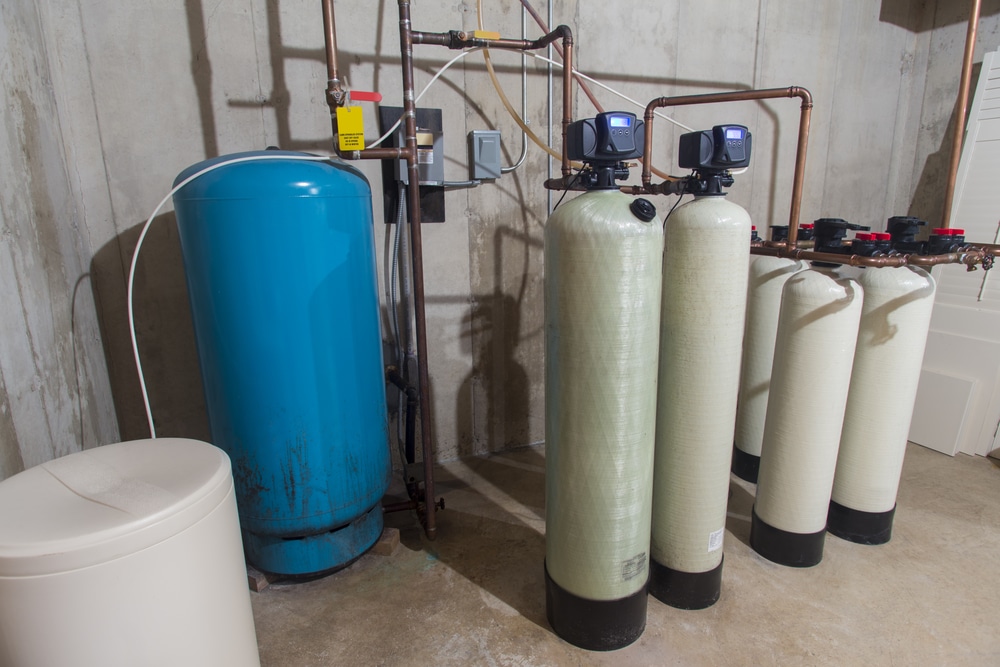Investing in a product, such as a water softener, requires careful consideration of the benefits it can provide. It’s essential to comprehend how a water softener can be advantageous and make your daily activities much easier. Knowing the advantages of soft water is essential to making a wise purchase decision. Adding a water softener to your household can bring numerous benefits that will enhance your daily life. Especially in regions where hard water is prevalent, a water softener can be exceptionally useful.
Water that is high in calcium and magnesium ions, known as hard water, can wreak havoc on your home’s plumbing while also making soaps and cleaning products less effective. However, the solution is simple – opting for soft water. Households that invest in water softeners can save significant amounts of money by avoiding costly repairs and enjoying the benefits of more effective cleaning products. In this blog, we’ll take a look at 5 of the greatest benefits of investing in a water softener.
Save Money on Cleaning Products
The presence of magnesium and calcium ions in hard water can make cleaning a challenging task. With soap and other cleaning agents, creating suds can be tough, resulting in suboptimal cleaning results. Whether it’s washing your hands, your car, your clothes, or your dishes, hard water can cause problems for all. Fortunately, soft water is treated to eliminate these impurities, resulting in a superior cleaning experience. With soft water, you can achieve the same level of cleanliness using less detergent and lower water temperatures. This means you’ll have to use fewer cleaning agents overall, resulting in a cost-effective, efficient cleaning solution.
Improve Your Water Heater’s Efficiency
Do you ever wonder why your water heating system seems to be struggling? The culprit could be hard water, which can cause scum and scale deposits that can block your pipes and damage your boiler. Imagine an extra layer of insulation preventing your system from heating up your water efficiently. These deposits can reduce your system’s efficiency by up to 50%. Don’t let hard water ruin your water heating system! By opting for soft water, you can dissolve away scale and have your system running smoothly again.
Help Your Skin
Studies show that using soft water can make a huge difference in the health and appearance of your skin. Unlike hard water, soft water is gentle and won’t exacerbate eczema or other dry skin conditions. Hard water can produce soap scum, which can irritate your skin and even leave unsightly particles on your clothing. But with soft water, your clothes will feel softer, and your skin will be free from irritation. All of these reasons point to a water softener being the answer to all of your skincare prayers.
Reduce Cleaning Time
Cleaning can often require a lot of effort, but did you know that the type of water you use can make a big difference? Soft water is a game-changer when it comes to removing dirt and grime from surfaces around your home. Its magical powers make it easier to rinse dirt away, leaving no unsightly streaks or residue. On the other hand, hard water can make cleaning harder than it needs to be. Not only does hard water struggle to create a frothy lather, but it also leaves behind pesky mineral deposits that can give surfaces a spotted and unkempt appearance. So, if you want to make cleaning a breeze, embrace the power of soft water.
Protect Your Appliances
Concerned about the build-up of limescale in your plumbing? Hard water can be the culprit, clogging pipes and causing headaches. But fear not! Soft water can be the perfect solution for tackling these deposits in the long term. By installing a water softener, over time, the softer water can gradually dissolve these pesky deposits and eliminate the issue altogether. Say goodbye to blockages and hello to hassle-free plumbing.
Soft water is a great way to reduce costs, improve your skin health and hygiene, save time on cleaning tasks, and protect your appliances. Investing in a water softener can help you reap the benefits of softer water that will last for years to come. Whether you’re looking for an effective cleaning solution or want to maintain plumbing efficiency, opting for soft water could be just the thing you need. With all these advantages combined, it’s no wonder why more people are making the switch from hard to soft water! To get started on the process of installing a water softener in your home, contact the team of experts at Kinetico, and we’ll help get you on the path to reaping the benefits of a water softener.


